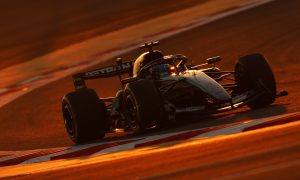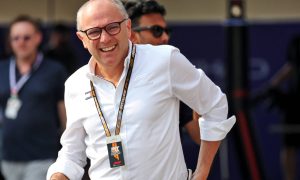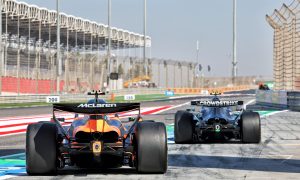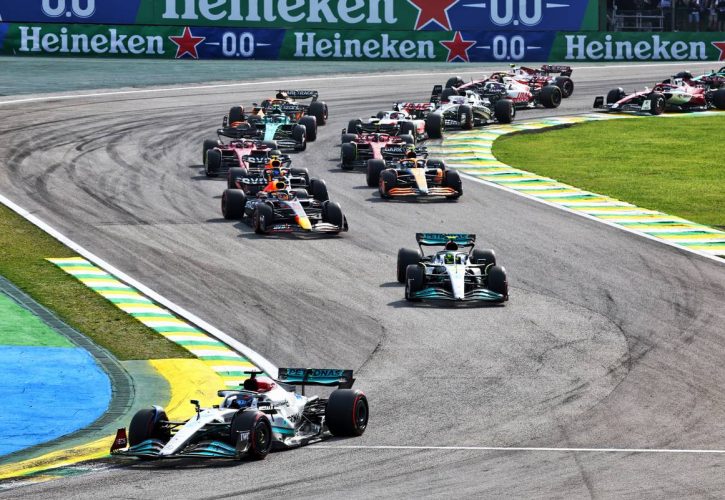
Ross Brawn believes Formula 1 needs a second season under its new rules to tighten the gap between the sport's front-runners and its mid-field teams.
Wholesale changes to F1's technical regulations for 2022 coupled with Grand Prix racing's budget cap promised to level the playing field for a majority of the sport's participants while also improving the spectacle out on the track.
While fans enjoyed lots of tight racing and more overtaking this year, positions among the top three remained locked between Red Bull, Ferrari and Mercedes, with McLaren's Lando Norris the only driver to intrude on the trio when he secured a spot on the podium at Imola in the fourth race of the season.
Fernando Alonso admitted at the end of his final campaign with Alpine that F1's new rules had not allowed the sport's midfield competitors to mingle with the top three on a regular basis.
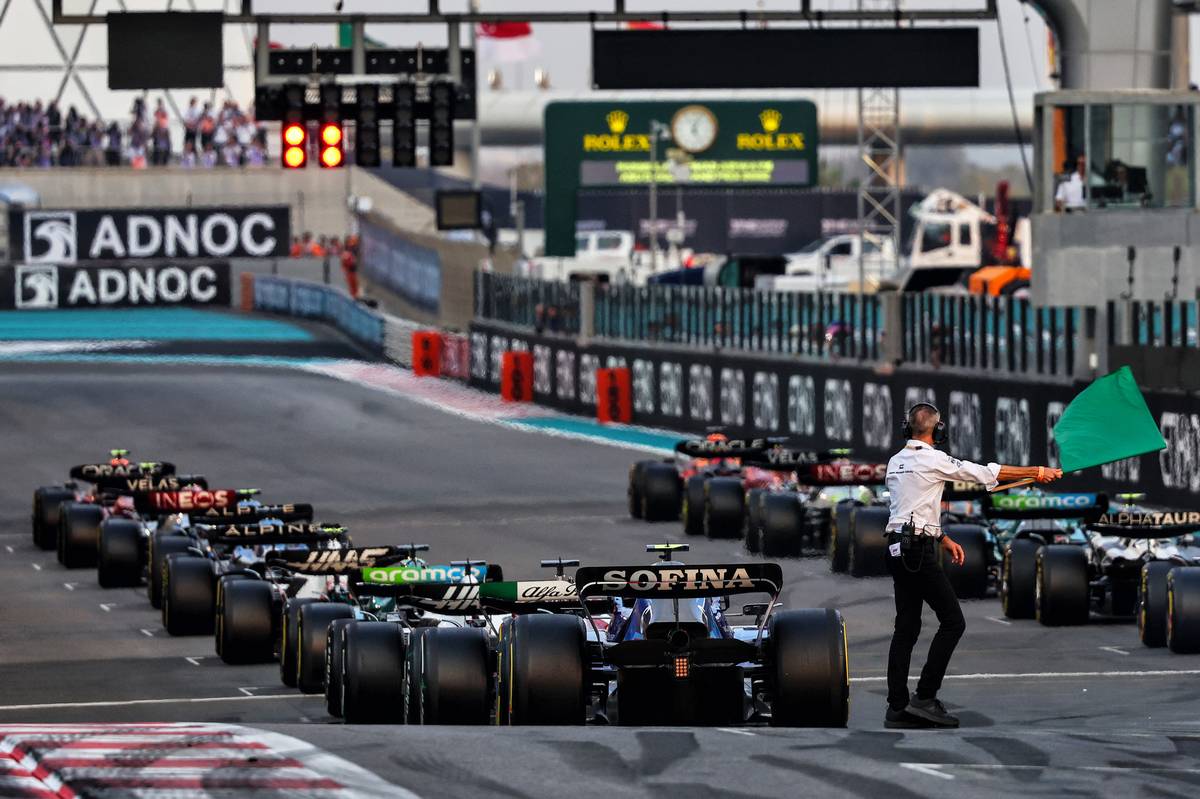
"It was a bit disappointing for everyone to realise that things haven’t changed dramatically," the Spaniard told Auto Motor und Sport.
"There are at most two teams that can win races, as has been the case in recent years.
"The gap between the two or three top teams and the midfield is still too big. In 50% of the races we are one lap behind the winner.
"Therefore, we have not yet achieved the result that Formula 1 intended with the restart of the rules."
Brawn, who will relinquish his role as F1's managing director at the end of the year and head into retirement, reckons that those teams outside of the top-three need another year to fully get to grips with the sport's new regs.
"I think we need another season," he told Motorsport.com. "I think, when you have these new regulations, there's teams that get on top of it.
"In the 2009 season, which was a new set of regulations, two or three teams were on top of the regulations, and the rest struggled – even some of the big teams. So, I think we need another season.
"I'm not sure what we do if it continues that way because I think we've put a number of initiatives – the cost cap, the cars and tracks we've tried to help with, the format of racing.
"Everything is now tuned towards trying to maintain the integrity of the sport, but bringing it closer together. And we've got the aero restrictions, which are just taken now depending on where you are finish in the championship.
"So, there's a lot of things pushing it in a good direction. I'm optimistic."
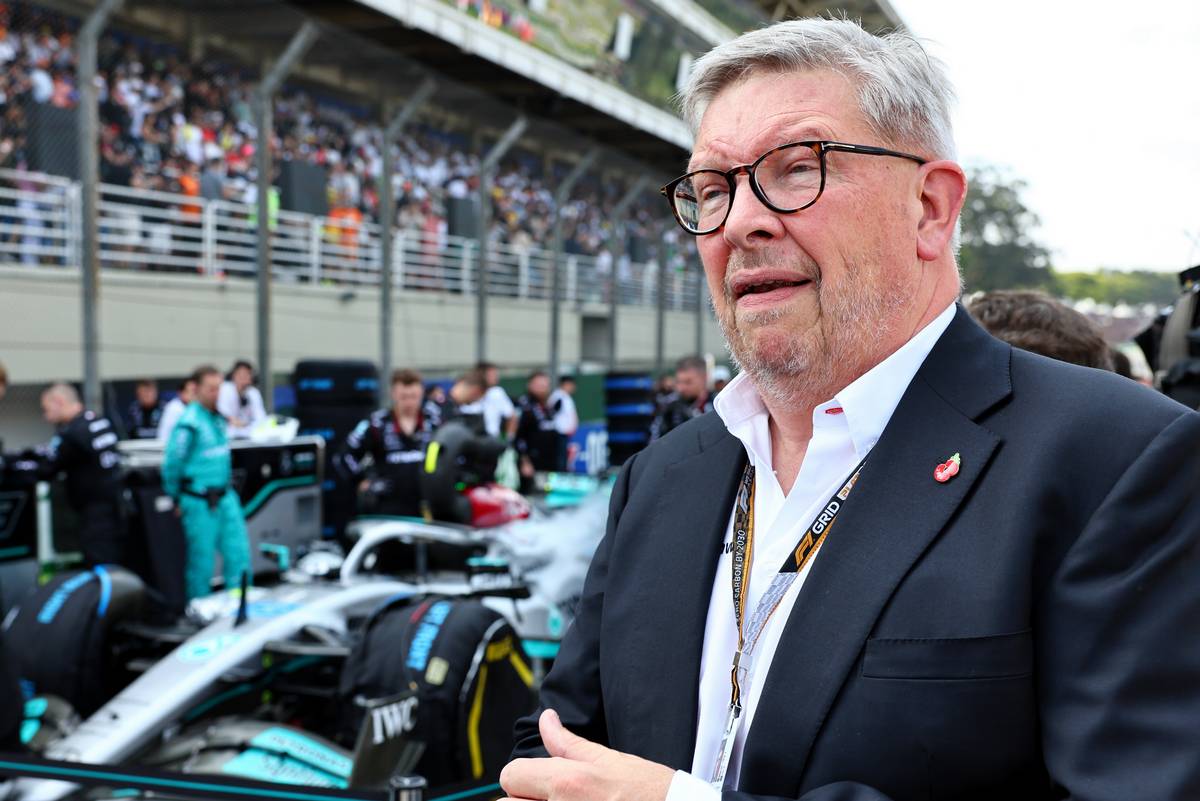
F1's cost cap was introduced as a crucial tool to help level the playing field. However, Brawn believes that the sport's big outfits have retained their past benefits - for example in terms of infrastructure and knowledge - over their smaller rivals.
But those advantages will eventually dissipate insists Brawn.
"If you've got a fully-equipped factory with all the facilities and a huge database of information - we can't take that away from you," said the Briton. "But there have been compromises and concessions made.
"There's a couple of teams that want to build wind tunnels that don't have them, and there were concessions made as to the capital allowances to enable them to catch up.
"So, I think the FIA - and we have encouraged it - have been quite sensible.
"The delta will become a bit redundant also because people will move around, quite honestly.
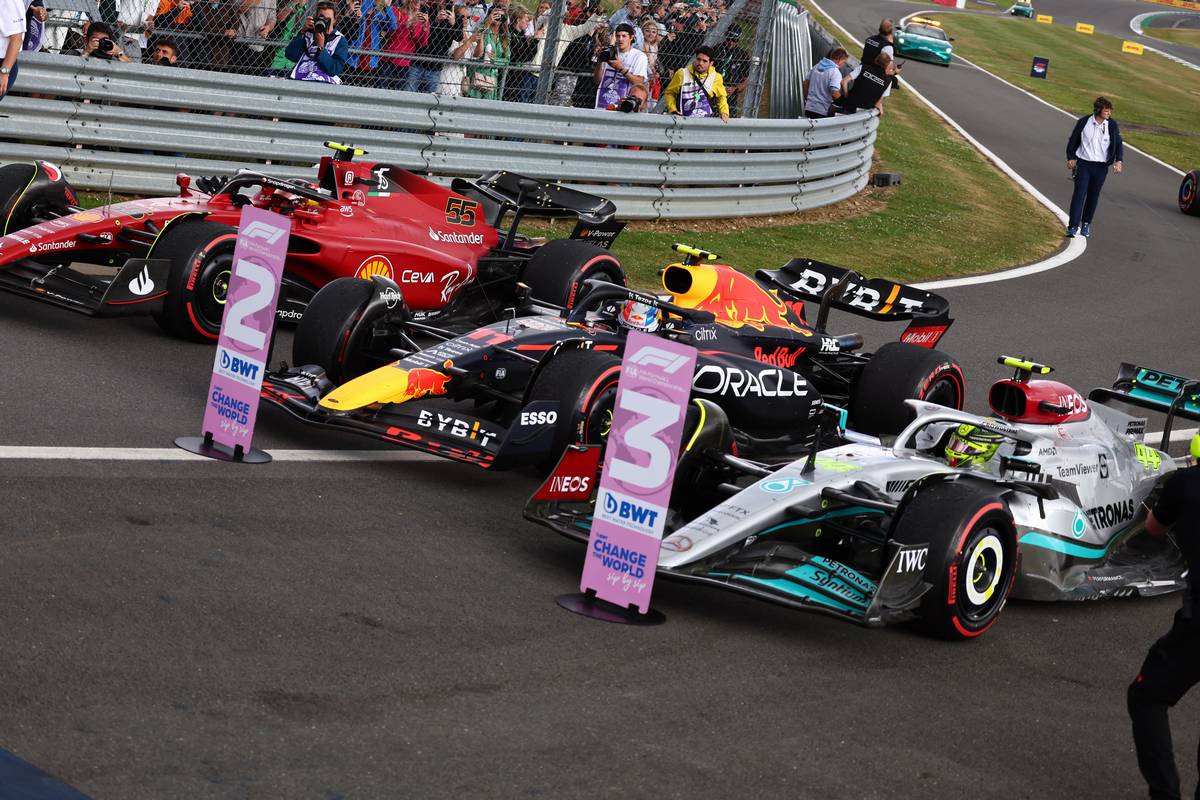
"With the way things were, the big teams kept pulling away from the small teams. So, at least we've stabilised that.
"I don't think there's any way now a big team can pull away at anything like the rate it used to. And a smart smaller team should be able to catch up.
"It will take some time," Brawn added. "It would be unrealistic to expect a switch to be thrown. But I think it's going in the right direction. And the other thing we can't forget is that we've made those small teams economically sustainable.
"I think with the strength of Formula 1, those teams are benefiting from the extra races, the new broadcast contracts, the new sponsorship contracts, their own sponsorship contracts – they're becoming self-funded now. And that's a big factor.
"Because they have that stability and they have that economic sustainability, it means they can do all the right things."
Keep up to date with all the F1 news via Facebook and Twitter




